Trademark Infringement Get So “Lucky”
IP and Legal Filings
JANUARY 30, 2022
The Respondent secured federal trademark registration for “Get Lucky” in 1986, and the Petitioner commenced offering garments employing the registered trademark “Lucky Brand” and term “Lucky” a few years later, in 1990. This case saw the issuance of several marks.


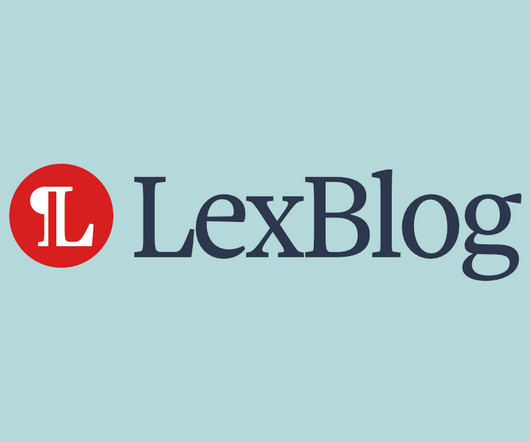
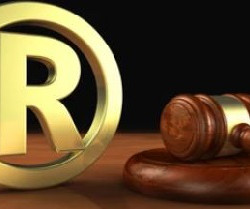
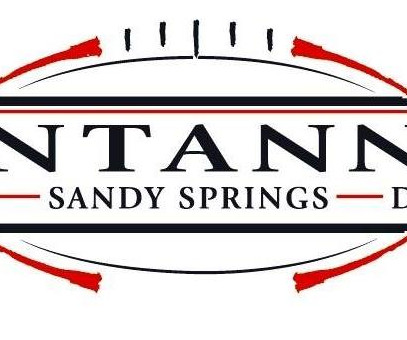


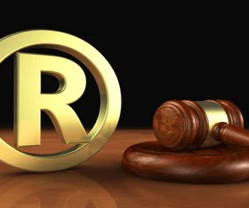
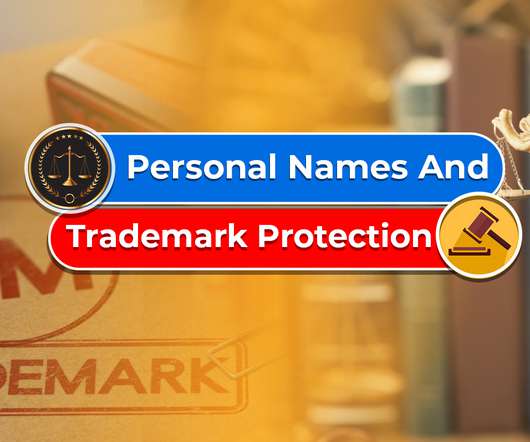




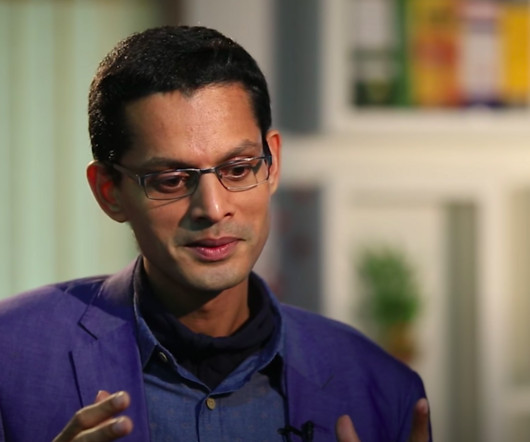






Let's personalize your content